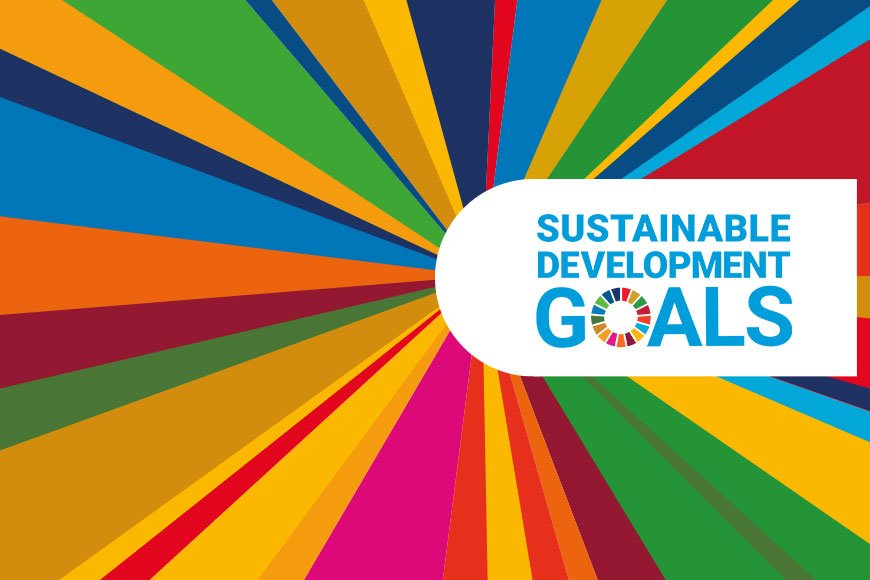
STEM Program
United Nations Sustainable Development Goals: Exploring Sustainability in Relation to Climate and Health
Faculty Advisor: Former Associate Professor, Yale University School of Medicine; SDG Publisher Compact Fellow, United Nations
Program Start Time: TBD (meetings will take place for around one hour per week)
Research Program Introduction
In 2015, the United Nations set 17 Sustainable Development Goals (SDGs) to improve and sustain the world. The goals broadly aim to promote equity and sustainability worldwide and are intended to be completed by 2030.
While the 17 SDGs interconnect, students in this program will focus on SDGs 3 and 13, which address climate and health. It is becoming increasingly clear that climate impacts people’s lives directly, adversely affecting human health. There is a growing body of literature on links between climate and health, and significant risks are associated with failing to address these problems meaningfully. For instance, water shortage caused by climate change means that populations in some parts of the world face sustained drought, so farmers can no longer feed their cattle or grow crops. Whole communities are then forced to migrate, causing additional risks to health and well-being.
Considerable research focuses on these issues to try to avert some of the worst outcomes, and there is no shortage of evidence about what is happening. However, finding and implementing solutions is perhaps more difficult, leaving plenty of room for new ideas.
Students will acquire transferable research skills, such as conducting a literature review while expanding their knowledge of climate change and health. They will also learn from each other, from the faculty adviser, and from researching their individual projects. For example, they will study how these issues play out in cities, regions, and/or countries worldwide.
Final Deliverables
In the final session, students will summarize their findings and give a PowerPoint presentation to the group. Individual assessment at the end of the course will be based on the presentation plus a written paper, approximately 3000 words.
Possible Topics For Final Project
Assess the extent to which climate change impacts human health (with case examples).
As the planet warms, what steps could countries such as China and the USA take to make health care systems more sustainable?
Consider which targets (under SDG 3 and 13) are most relevant to the region where you live/go to school
How reliable are the data on climate change and health? Conduct a literature review to assess the available evidence.
Countries such as India and Pakistan that are feeling the impacts of climate change have fairly weak public health systems. What measures could be taken to improve things?
Other professor-approved research topics in this subject area that you are interested in
Program Details
Cohort size: 3 to 5 students
Duration: 12 weeks
Workload: Around 4 to 5 hours per week (including class and homework time)
Target students: 9 to 12th graders interested in medicine, health sciences, public health, and/or policy.
